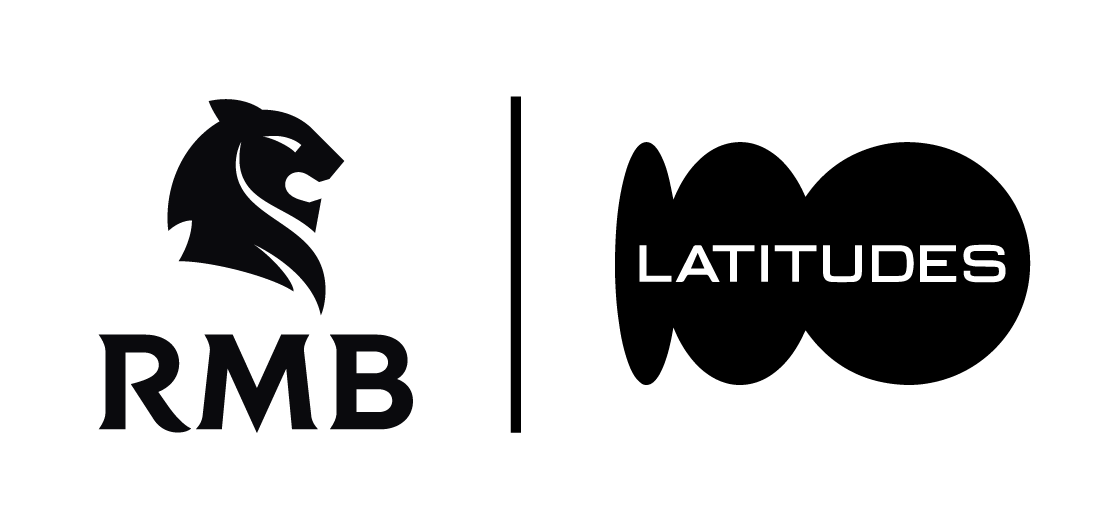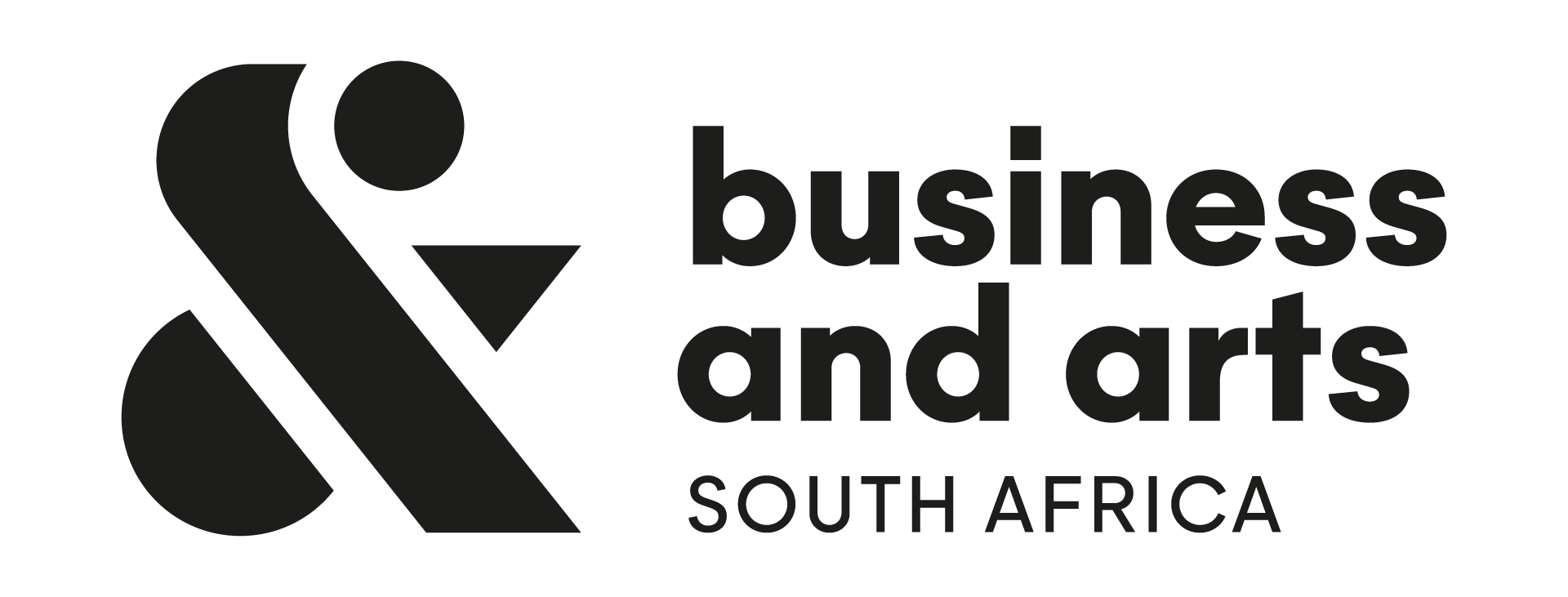DOM, curated by Onyịnye Alheri.
DOM interrogates the narrative of domination currently utilised across nations and cultures to sustain hierarchies of value within socio-political configurations. Domination and dominance signify the complete overtaking by a powerful figure over a submissive figure (henceforth referred to as sub), necessitated by an imbalance of authority and access.
Abrahamic faiths and their resultant social systems have conditioned the masses to believe that human beings have dominion over all forms of life, granting us the right to beat, kill, maim or otherwise subjugate beings coded as "non-human" for the benefit of humanity, which many consider removed or outside of nature. Governments, kingdoms, and other state apparatuses seize power through the theft of lands, peoples and resources for the sake of creating and maintaining a centralised body of control.
Through socialisation within global white supremacy and patriarchy, many of us have come to think of being the DOM as the ideal condition; the DOM is the holder of power, authority and influence who is inherently better than the sub. In fact, the sub is said to need the DOM, without whom they are weak, stupid, ineffective or otherwise useless. Domination and hierarchy have become so embedded into the collective consciousness that many of us struggle to relate and exist in a way that does not place a person, living creature, place or relationship as above or below another.
This widely accepted state of domination allows for the present day state of affairs which has seen whole landscapes, species and human cultures decimated so that other beings deemed more valuable can thrive and multiply. This global domination is upheld through the continued devaluation of certain non-humans and humans alike.
DOM draws attention to current socio-political conflicts taking place on the African continent and the adjacent Levant region, namely the genocides in Sudan and Palestine, and the conflict in the DRC. It is a gesture towards a conversation about how and why some beings are considered deserving of suffering while others are allowed to live in bliss. It is also a call to action for viewers to question our current way of relating to one another and the earth in a hierarchized manner, encouraging a shift toward egalitarianism in interpersonal, interspecies and social interaction.
Artwork Details: Abdullah Omer, Untitled #7, 2024, Acrylic on Canvas, 30 cm x 30 cm, R4,400.00 ex. VAT
Cheri Samba, Le Partage du Gros Poisson, 2003, Acrylic on Canvas, 81 cm x 100 cm, R121,860.00 (6.000€) ex. VAT
Abdullah Omer, Untitled #5, 2024, Acrylic on Canvas, 30 cm x 30 cm, R4,400.00 ex. VAT
Abdullah Omer's 2024 work is part of a series inspired by the ongoing displacement and killings in South Sudan. This series reflects the artist's response to the devastating violence that erupted on April 15, 2023, between the Sudanese Armed Forces (SAF) and the Rapid Support Forces (RSF). The United Nations reports a severe humanitarian crisis as a result of this conflict. As of January 2024, over 15,000 people have been killed, more than 33,000 injured, and over 7.4 million displaced internally and externally. This context profoundly informs Omer's artistic practice. He states:
On my work, I try to reflect the cultural and social diversity in Sudan, and the relationship of society with each other that results from the diversity of their culture and geographical difference. I am trying to reshape and bring colour back to life after everything that happened due to war and displacement. I am for making Sudan a better place for everyone, with all their differences.
Chéri Samba, Le Petit Kadogo, 2004, Acrylic on Canvas, 206 cm x 245 cm, RR507,752.00 (25.000€) ex. VAT
In 1972, Chéri Samba embarked on a new path, leaving school to become a sign painter on Kinshasa's Kasa Vubu Avenue. By the mid-1980s, his work had transcended local boundaries and gained an international audience. Samba's paintings from this period serve as powerful social commentaries. He delves into the realities of life in Zaïre (now the Democratic Republic of Congo), exploring themes like everyday life in Kinshasa, customs, sexuality, AIDS, social inequalities, and corruption. Samba himself explains his artistic mission:
My painting is concerned with people's lives. I'm not interested in myths or beliefs. That's not my goal. I want to change our mentality that keeps us isolated from the world. I appeal to people's consciences. Artists must make people think

Curator, Onyịnye Alheri
Kedu ụdị mu ị na-achọ? Jụọ bụghị onye, mana ebe na ihe kpatara ya. Onyịnye Alheri is an artist, curator and scholar engaging in transnational efforts towards peace, liberation and wellness. Born in Èkó (so-called Lagos, Nigeria) Onyịnye is blessed to have encountered many lands, connecting with varied beings across realms. Core to Ọ’s creative practice is exploration into the depths of consciousness and being. Alheri is a member of Aguas Migrantes, a collective composed of interdisciplinary artists across continents. Ọ is also a resident DJ at Oroko Radio, hosting a monthly radio show called nke ọzọ.
Onyịnye's vision goes beyond mere awareness. As the concept of DOM (Domination) explores, narratives of domination have conditioned us to accept inequalities and the suffering of those deemed "sub" by those in power. This applies not only to human hierarchies but also to our relationship with the environment. We witness the devastating consequences of this mindset in the decimation of landscapes, species, and entire cultures. Onyịnye's call to action urges us to move beyond passive observation and deconstruct these narratives. We must actively support organizations like the Sudanese American Physicians Association (SAPA) that empower displaced communities, dismantling the power structures that perpetuate suffering.
Join Onyịnye in making a difference. Donate to SAPA and help break the cycle of domination:
and i wail to foreign far away winds: Daughter of my mother and my Father's Orphan, what is to become of me? And Those like me?
- HOMESICKNESS - for Anna Rutherford, Ama Ata Aidoo, Poems, Kunapipi, 14(1), 1992. Available at: https://ro.uow.edu.au/kunapipi/vol14/iss1/20
Cheri Samba, La Véritable Carte du Monde, 2017, Acrylic and Glitter on Canvas,135 cm x 200 cm, R 507,752.00 ex. VAT

















